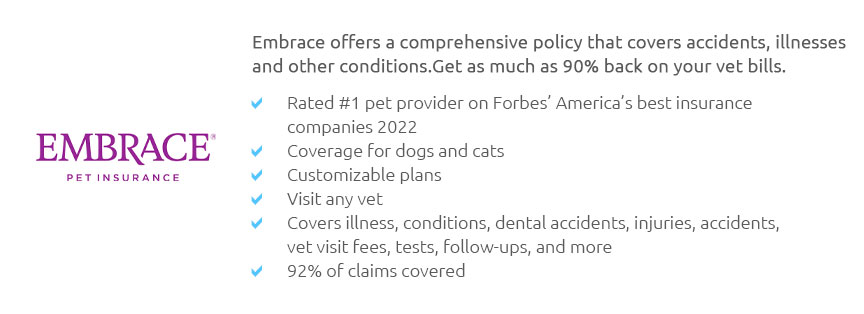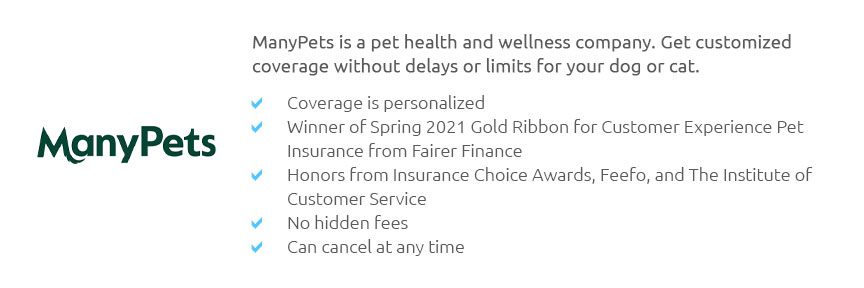 |
 |
 |
 |
 |
 |
|
 |
|
 |
|
 |
|
 |
|
 |
 |
 |
 |
 |
 |
 |
 |
Understanding the Best Dog Medical InsuranceFor many pet owners, finding the best dog medical insurance is akin to finding a needle in a haystack, given the myriad options available, each boasting a unique blend of coverage, cost, and customer service. But what truly defines the 'best' insurance plan? It's a combination of factors tailored to meet both the pet's needs and the owner's budget. From comprehensive coverage plans that include everything from accidents to hereditary conditions, to more basic plans that cover only emergencies, the spectrum is broad and often overwhelming. The first step in choosing an insurance plan is to understand what coverage you need. Comprehensive plans are ideal for those who want peace of mind, covering routine checkups, vaccinations, and even dental care, while accident-only plans might suffice for a generally healthy, young pup. It's crucial to read the fine print and understand the exclusions and waiting periods that might apply. For example, some policies do not cover pre-existing conditions, and others may have breed-specific exclusions or surcharges. Another vital aspect to consider is the cost vs. value equation. While some plans might seem affordable upfront, they may come with high deductibles or co-pays, meaning you'll still pay a significant portion out-of-pocket. Conversely, a pricier plan might offer lower deductibles and extensive coverage, saving you money in the long run, especially if your dog is prone to certain health issues. Customer service is often an underrated factor when choosing pet insurance. Imagine dealing with a claim during a stressful emergency; the last thing you need is a cumbersome process. Thus, researching customer reviews and understanding how claims are processed can provide invaluable insights. Some insurers offer mobile apps for easy claim submissions, while others might require paperwork and prolonged approval times. Finally, it's worthwhile to seek recommendations from your veterinarian, who can provide expert insights into which insurers are most reliable and offer the best service based on their professional experience. Veterinarians can also inform you about any health concerns specific to your dog's breed, which might influence your insurance choice. In conclusion, the best dog medical insurance is not a one-size-fits-all solution. It requires a thoughtful evaluation of your dog's specific health needs, your financial situation, and the insurer's reliability. Balancing these elements will lead you to a policy that offers both protection and peace of mind. FAQsWhat should I look for in dog medical insurance? Consider coverage options, cost, exclusions, customer service, and claim processes. Tailor it to your dog's health needs and your budget. Does pet insurance cover pre-existing conditions? Most pet insurance plans do not cover pre-existing conditions, so it's crucial to read the policy details thoroughly. Are there any breed-specific exclusions in dog insurance? Yes, some policies have breed-specific exclusions or may charge higher premiums for breeds prone to certain health issues. How do deductibles and co-pays work in pet insurance? Deductibles are the amount you pay before insurance kicks in, while co-pays are the percentage of costs you share with the insurer after meeting the deductible. Can I change my dog's insurance plan later? Yes, but be mindful of new waiting periods and any potential changes in coverage or costs when switching plans. https://www.embracepetinsurance.com/
Pet insurance from Embrace saves you up to 90% back on vet bills from unexpected illness and medical expenses. From dog and cat insurance to wellness ... https://www.cbsnews.com/news/how-to-get-best-pet-insurance-for-dogs-according-to-vets/
Pet insurance can help you cover the costs of caring for your dog, particularly if an emergency situation arises. Much like human insurance ... https://www.nytimes.com/wirecutter/reviews/best-pet-insurance/
$150 a month to enroll a 5 year old dog in a similar policy (example values). In addition, many pet insurance companies start ramping up monthly ...
|